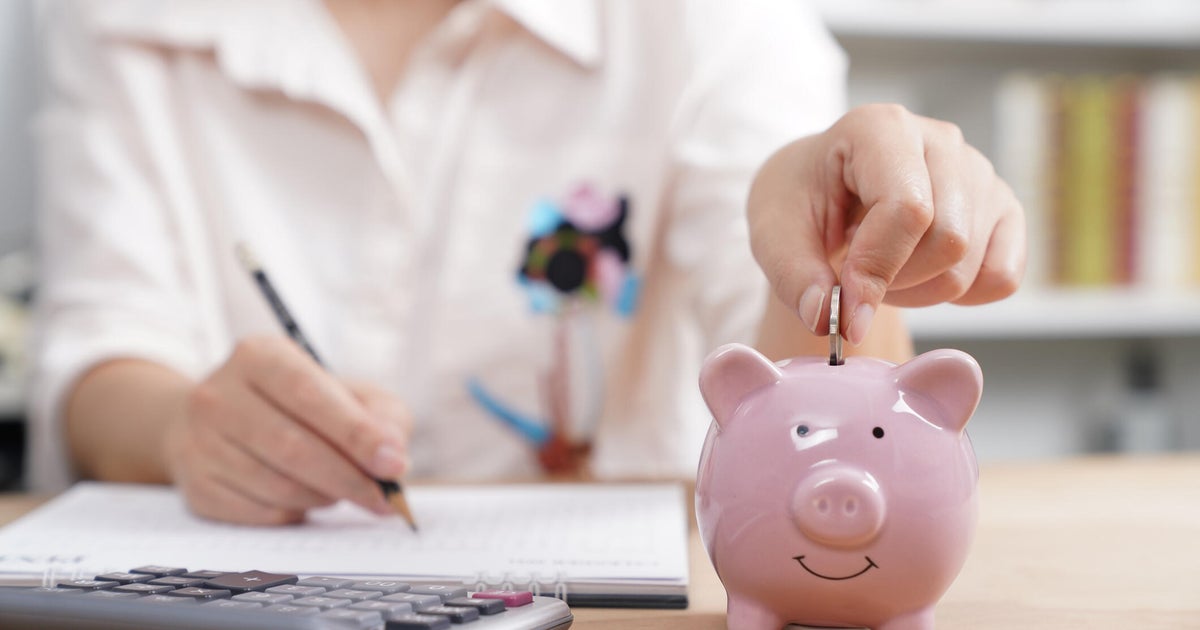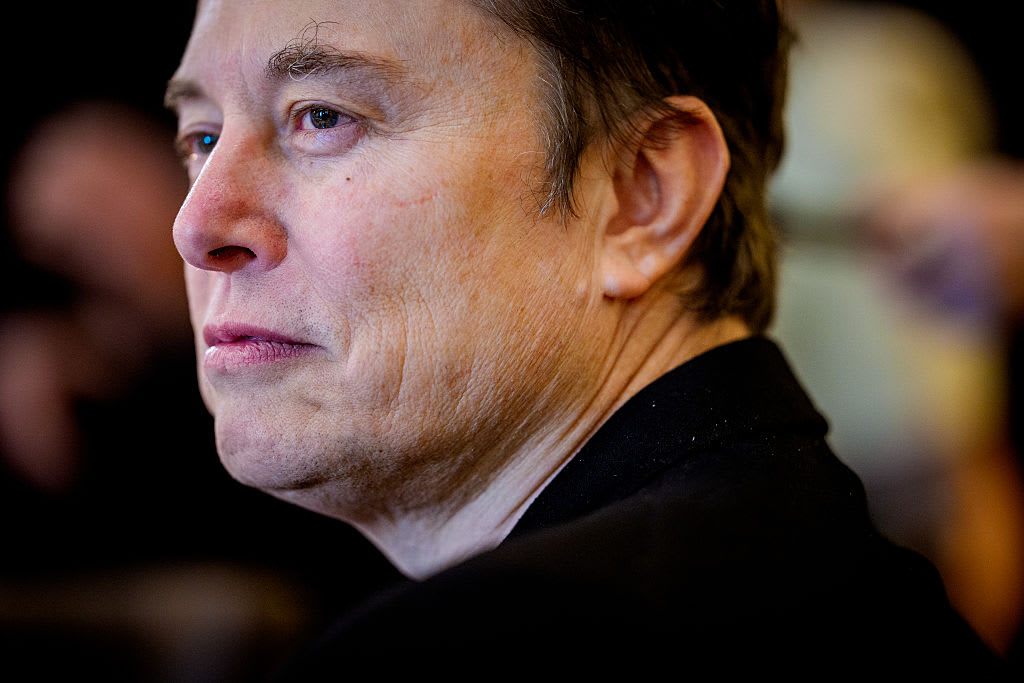Economy is slumping again as Washington puts stimulus on hold
A growing number of economists are saying that the recent recovery, driven by a reopening of the economy and Washington stimulus, is slowing — and may end as soon as this month. The forecasts are the latest sign that the failure of President Donald Trump and Democrats to reach a deal on an additional stimulus bill is starting to drag down the economy in the wake of the continued pandemic.
On Thursday, the government reported that 1.1 million people had applied for new state unemployment benefits. That was up 135,000 from the week before, and higher than expectations. Most economists had expected the new claims to stay under 1 million. The number of self-employed applicants seeking jobless aid — 543,000 — also increased from the prior week.
"There have been a lot of brinkmanship moments in Washington over the last decade, but never have the stakes been as high as today," Bank of America's top global economist Ethan Harris, wrote in a note to clients on Friday. "Every passing week without meaningful legislation lengthens the mini-recession."
Earlier this week, economists at UBS said they too had seen a slowing of the economy. "Our high-frequency data suggests that the speed of recovery has now tapered off in August," UBS strategist Ajit Agrawal said in a note to clients on Thursday.
BofA's Harris said the economy may already be headed for a "W," or double-dip, recession. That's when the economy starts to turn down again even before it has fully recovered. The last time that happened was in the early 1980s. Economists up until recently had been predicting a V-shaped recovery, which is one that bounces back quickly. That appears to be less and less of a possibility.
In a separate note on Friday, Bank of America strategists also said they thought it was unrealistic to expect a coronavirus vaccine to be available in the U.S. or Europe until sometime in the second quarter of 2021. The strategists said that even having enough glass vials to hold the vaccine treatments could be a problem. "There are considerable development and manufacturing risks, which could compromise sufficient and timely vaccine supply," wrote BofA strategist Juan Avendano.
To be sure, some economists don't see another downturn happening just yet. Paul Ashworth at Capital Economics said he had expected the economy to slow after the government stopped paying the $600 a week in enhanced unemployment insurance. But Ashworth said there hasn't been an immediate drop in consumer spending.
"Even if income does drop in August, spending can continue because Americans have a saved a good deal of what they have gotten from the government already," Ashworth told CBS MoneyWatch. Ashworth said he expected some boost from Mr. Trump's latest executive orders to pay $300 in supplemental unemployment and delay the payroll tax, but how much was still uncertain. He also expects a rebound in spending in states where new COVID-19 infections are slowing.
BofA's Harris, on the other hand, predicts Mr. Trump's executive orders will do little to stop the slump. Delaying payroll taxes could boost the average worker's take home pay by about $128 per pay period for the rest of the year. The delayed taxes would be owed in full early next year.
Yet, Harris said many businesses have already called the payroll tax "holiday" unworkable, and have said they are unlikely to pass the temporary savings onto workers. Harris also said the U.S. economy would need as much as $1.4 trillion in new stimulus to keep the U.S. from falling back into recession.
"All of this means growth is likely to turn negative this month and only rebound if and when a major stimulus package is enacted," he wrote.



